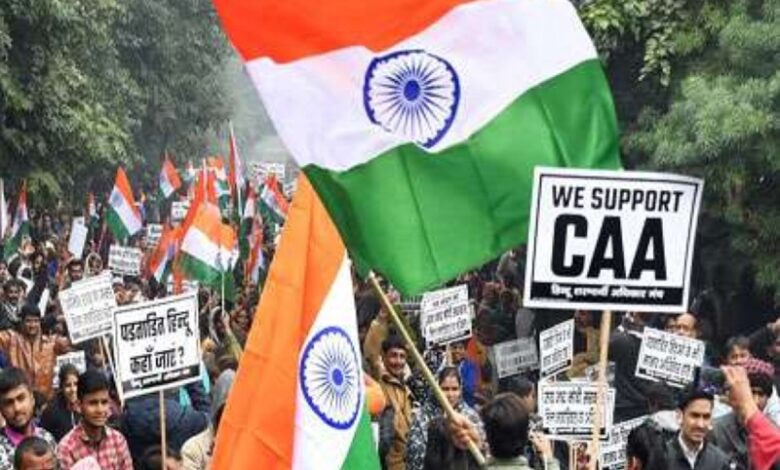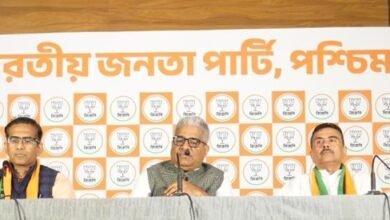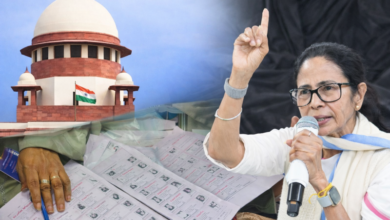Indian Muslims and the CAA: Debunking Misconceptions

By : INSHA WARSI
Delhi: Indian Muslims are protected by Constitutional Safeguards. CAA does not affect Indian Muslims.There is need to debunk misconceptions on CAA as well as sensitize on Constitutional Safeguards provided to Indian Muslims of all sects of Islam present in India.
The Citizenship (Amendment) Act, 2019 (CAA) was passed by the Parliament of India on December 11, 2019. This legislation brought significant changes to the Citizenship Act, 1955, introducing an expedited pathway to Indian citizenship for religious minorities facing persecution in Afghanistan, Bangladesh, and Pakistan. Specifically, the CAA extended this opportunity to Hindus, Sikhs, Buddhists, Jains, Parsis, and Christians from these countries, provided they arrived in India before the end of December 2014.
It is crucial to examine the underlying context and realities surrounding this CAA, to understand its potential impact on Muslim community.
Firstly, it is important to acknowledge that countries such as Bangladesh, Pakistan, and Afghanistan, which are mentioned in the CAA, are predominantly Muslim nations. In these countries, religious minorities, including Hindus, Sikhs, Buddhists, Jains, Parsis, and Christians, often face persecution and discrimination due to their minority status. The CAA seeks to provide a pathway to Indian citizenship for these persecuted individuals, acknowledging their vulnerability and the need for protection. The objective is to provide a secure and inclusive environment for these communities within India’s borders.
Secondly, India is a nation with a vast Hindu population and a vibrant democracy that upholds the principles of inclusivity and secularism. Indian Muslims constitute the largest religious minority in the country and enjoy numerous rights and protections provided by the Constitution. It is important to note that the rights and freedoms enjoyed by Indian Muslims are guaranteed by the country’s democratic framework, ensuring equality before the law and the right to practice their religion freely.
Thirdly, it is essential to recognise that the number of individuals from these religious minority groups granted Indian citizenship under the CAA is relatively small. In fact, only 4,844 foreigners have been granted Indian citizenship in the past five years (the government told the Lok Sabha on Feb 08, 2022) through this process. Furthermore, it is important to note that no Muslims have been persecuted or forcibly expelled from the country under the guise of the NRC or CAA.
Lastly, Indian Muslims should not harbour unnecessary fears or apprehensions regarding the CAA. India has a strong track record of upholding democratic values, freedom of speech, and the rights of minorities. It is essential to trust in the robust legal system and the commitment of India to safeguard the rights and interests of all its citizens.
The CAA has been a subject of intense debate and concern, particularly among Indian Muslims. While concerns and apprehensions persist, it is essential for Indian Muslims to trust in India’s robust legal system and its commitment to safeguard the rights and interests of all citizens. It is crucial to foster constructive dialogue, dispel unfounded fears, and maintain faith in India’s democratic principles, religious freedom, and the protection of minority rights. By promoting understanding and engaging in open discussions, India can continue to strengthen its inclusive and harmonious society, ensuring the well-being of all its citizens, including Indian Muslims. While all the above arguments can be negated by hate mongers, there is no counter to the argument that India has always believed in the principal of ‘Vasudhaiv Kutumbkam’ and nobody can shake this deeply entrenched cultural value.
( The author INSHA WARSI is a researcher in areas of Francophone and Journalism Studies,
Jamia Millia Islamia )






